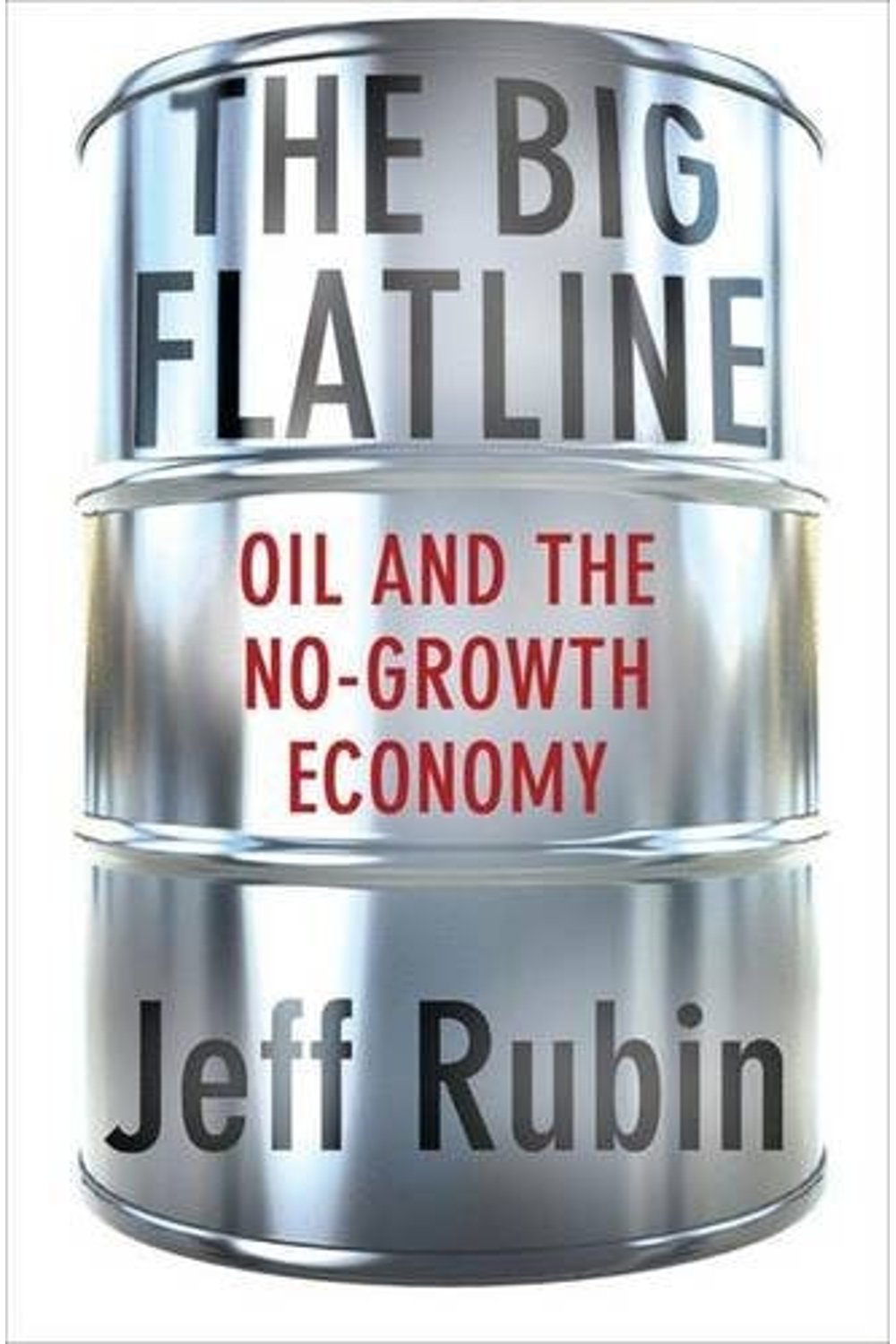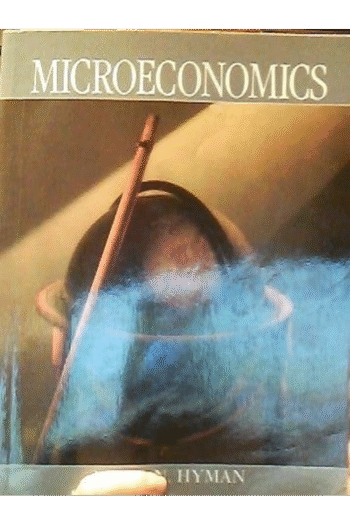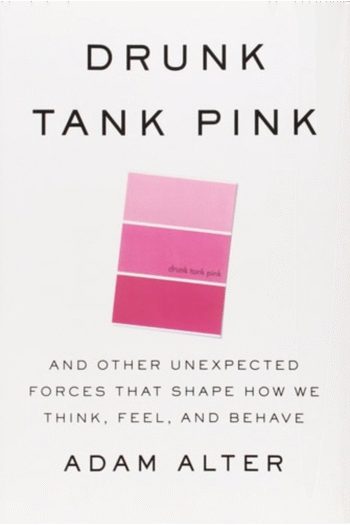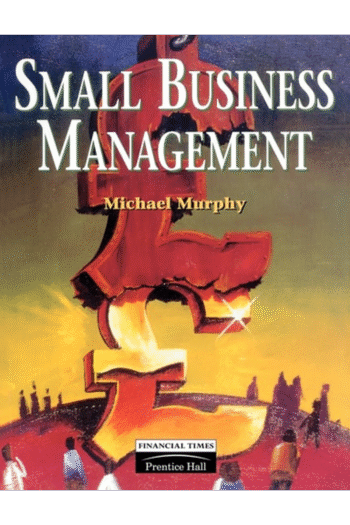Jeff Rubin’s “The Big Flatline: Oil and the No-Growth Economy” (St. Martin’s Press, 2012) is a prescient analysis of the economic consequences of peak oil. This hardcover edition (1st Edition, 1st Printing) dives deep into the argument that readily available, cheap oil fueled decades of unprecedented growth a reality now ending. Rubin challenges conventional economic wisdom, asserting that continuous growth isn’t sustainable in a resource-constrained world, particularly with rising demand from China and India. More than just predicting economic doom, Rubin explores potential benefits of a no-growth future, including a focus on sustainability and well-being over endless expansion. A must-read for those seeking to understand the intersection of economics, energy, and a potentially very different global future. Get insight into the economy from a global perspective. ISBN-13: 9780230342187
The Big Flatline: Oil and the No-Growth Economy
18.95 $
In stock
In an urgent follow-up to his best-selling Why Your World Is About To Get A Whole Lot Smaller, Jeff Rubin argues that the end of cheap oil means the end of growth. What it will be like to live in a world where growth is over?Economist and resource analyst Jeff Rubin is certain that the world’s governments are getting it wrong. Instead of moving us toward economic recovery, the measures being taken around the globe right now are digging us into a deeper hole. Both politicians and economists are missing the fact that the real engine of economic growth has always been cheap, abundant fuel and resources. But that era is over. The end of cheap oil, Rubin argues, signals the end of growth–and the end of easy answers to renewing prosperity.With China and India sucking up the lion’s share of the world’s ever more limited resources, the rest of us will have to make do with less. But is this all bad? Rubin points out that there is no research to show that peopl
| Authors | |
|---|---|
| Binding | |
| Condition | |
| ISBN-10 | 0230342183 |
| ISBN-13 | 9780230342187 |
| Language | |
| Pages | 272 |
| Publisher | |
| Year published | |
| Weight | 451 |
| Edition | 1st Edition, 1st Printing |
Related products
Microeconomics
21.13 $Small Business Management
13.33 $
- Additional information
- Currencies
- USD – United States dollar
- EUR – Euro
- GBP – Pound sterling
- CNY – Chinese yuan
- BRL – Brazilian real
- MXN – Mexican peso
- JPY – Japanese yen
- PHP – Philippine peso
- THB – Thai baht
- PLN – Polish złoty
- CAD – Canadian dollar
- MYR – Malaysian ringgit
- AUD – Australian dollar
- TWD – New Taiwan dollar
- CZK – Czech koruna
- SEK – Swedish krona
- HUF – Hungarian forint
- ILS – Israeli new shekel
- CHF – Swiss franc
- HKD – Hong Kong dollar
- DKK – Danish krone
- SGD – Singapore dollar
- NOK – Norwegian krone
- NZD – New Zealand dollar





